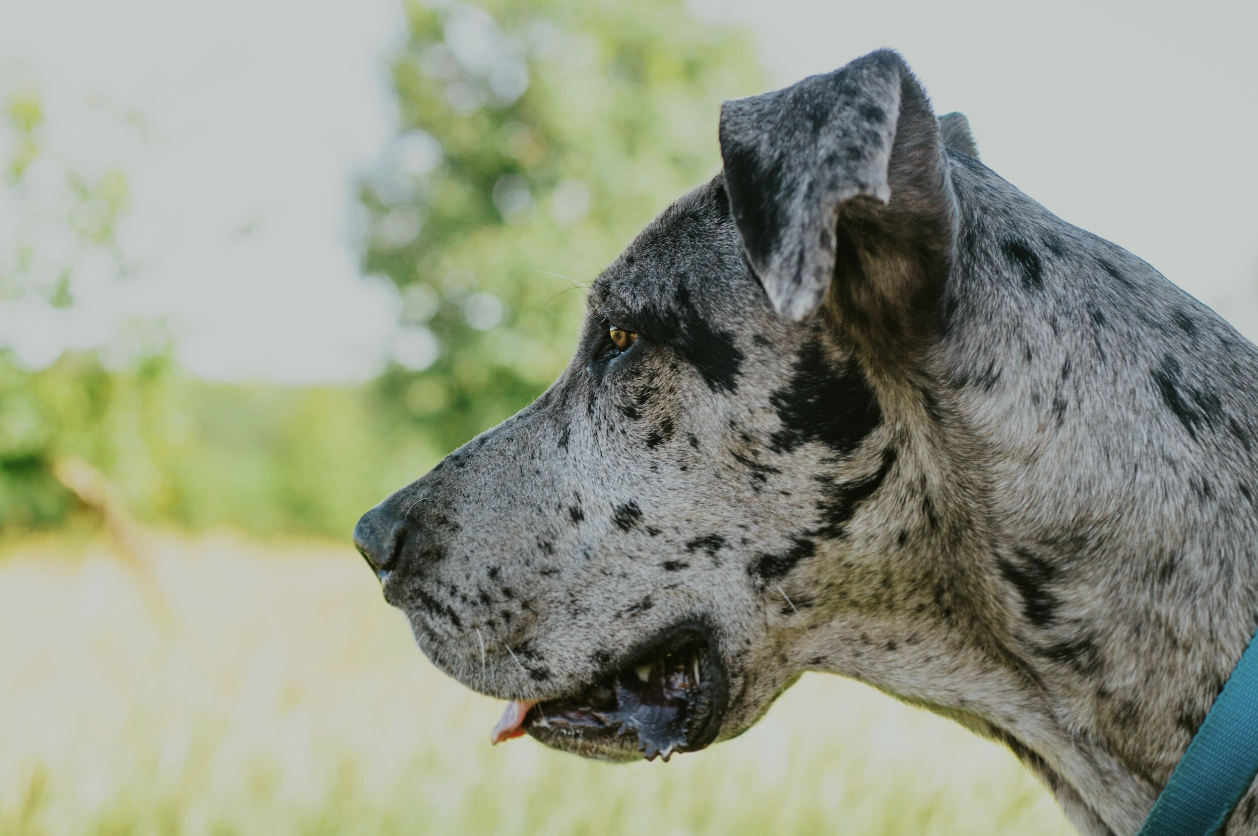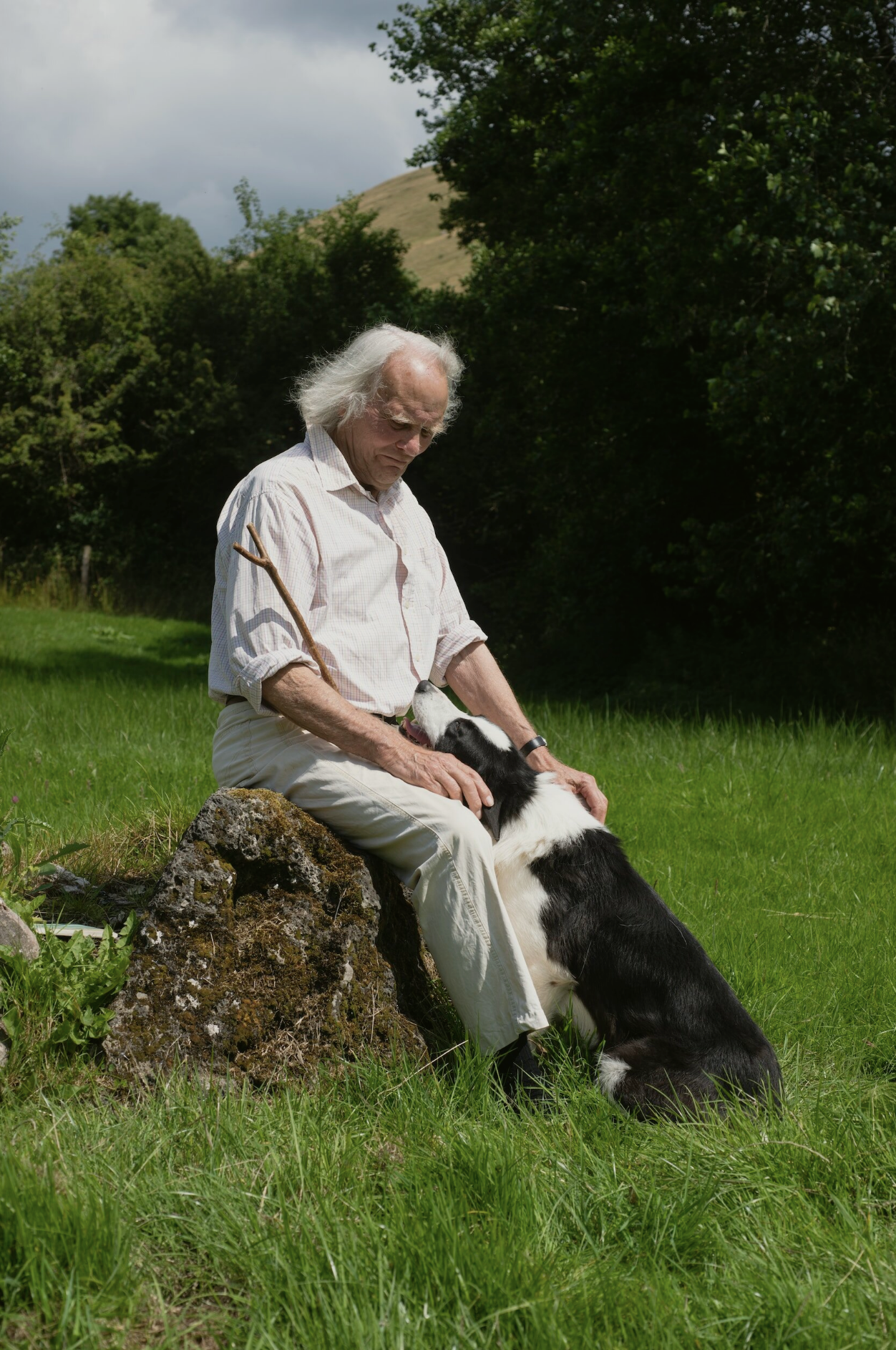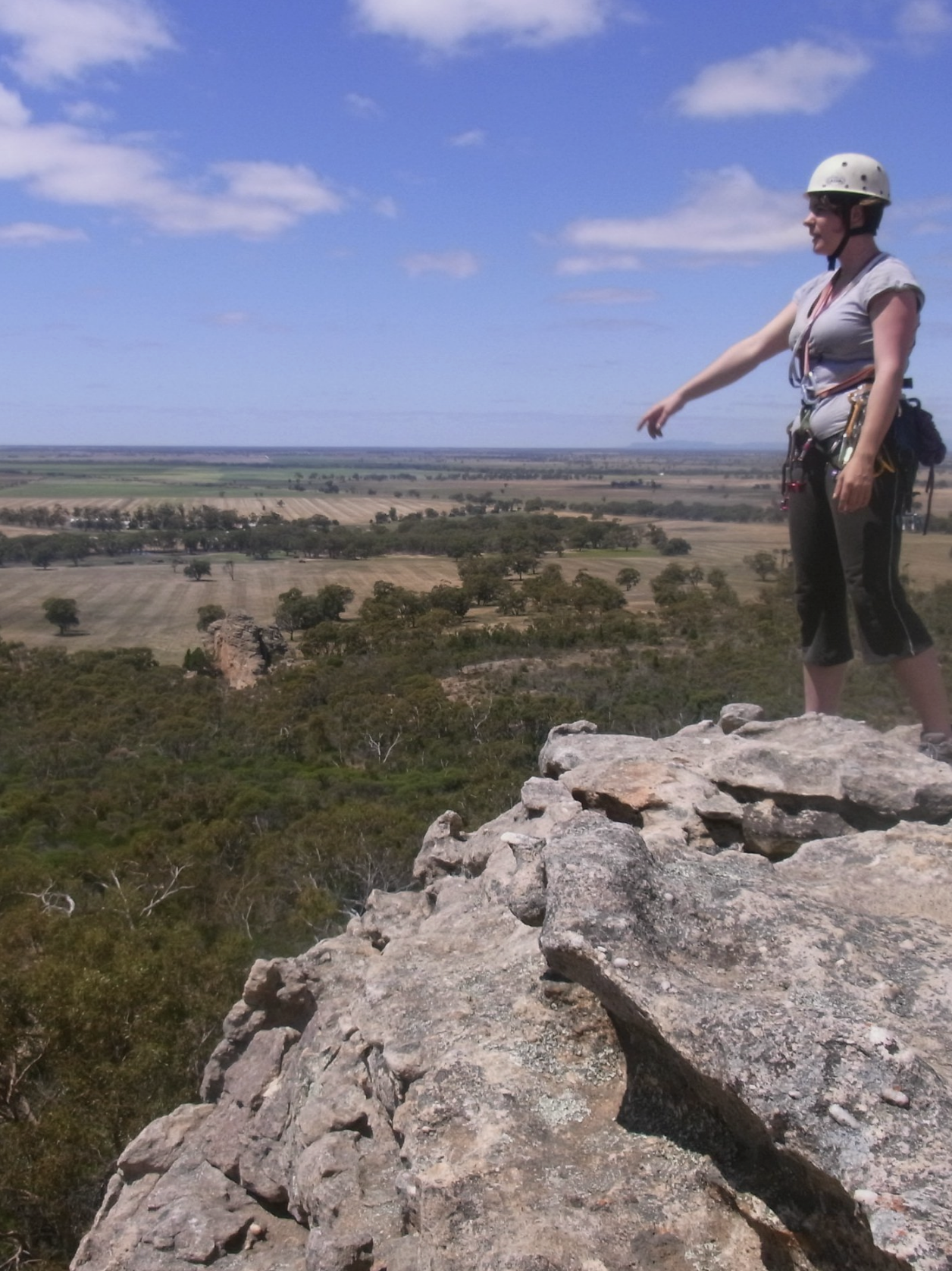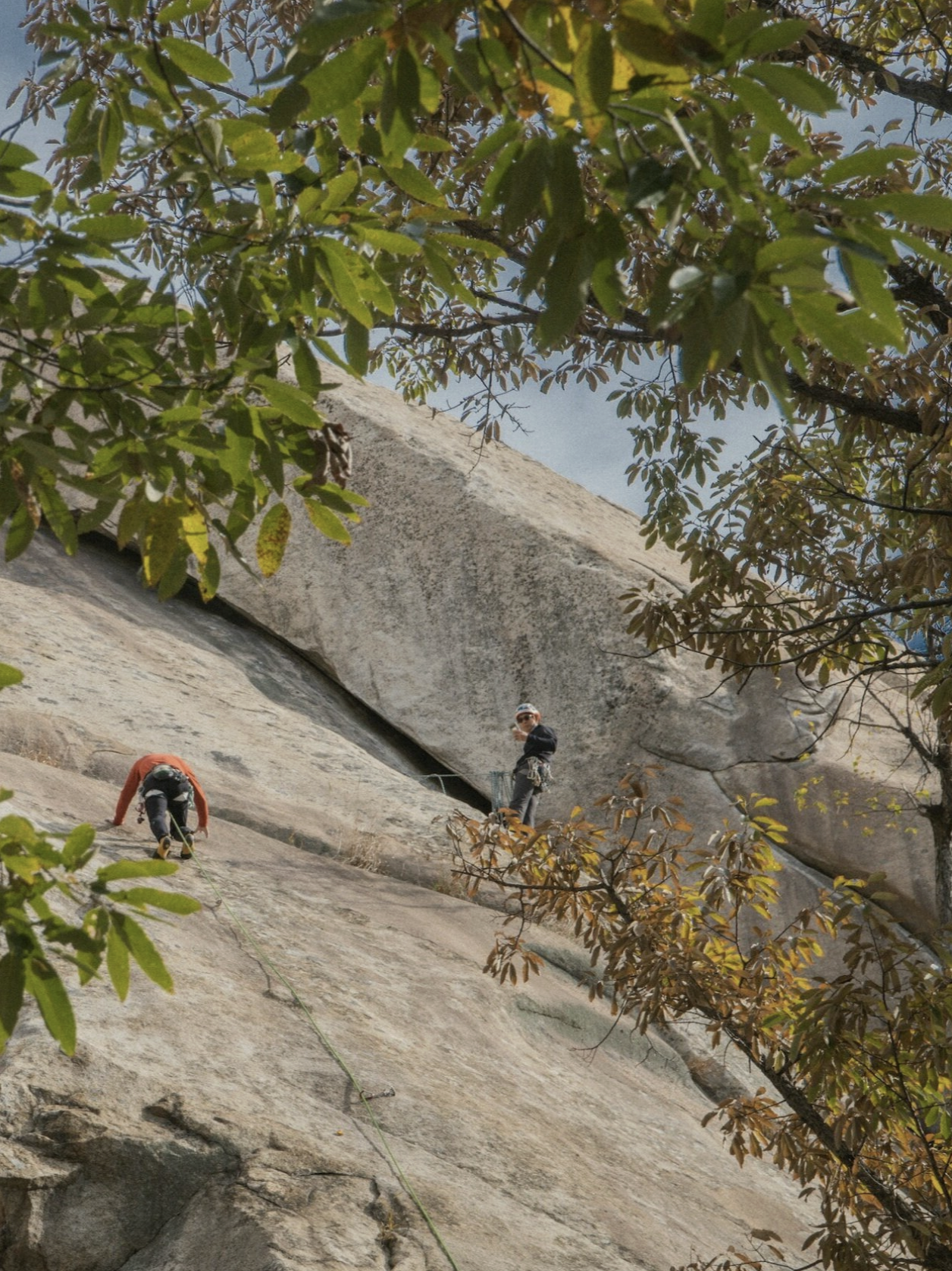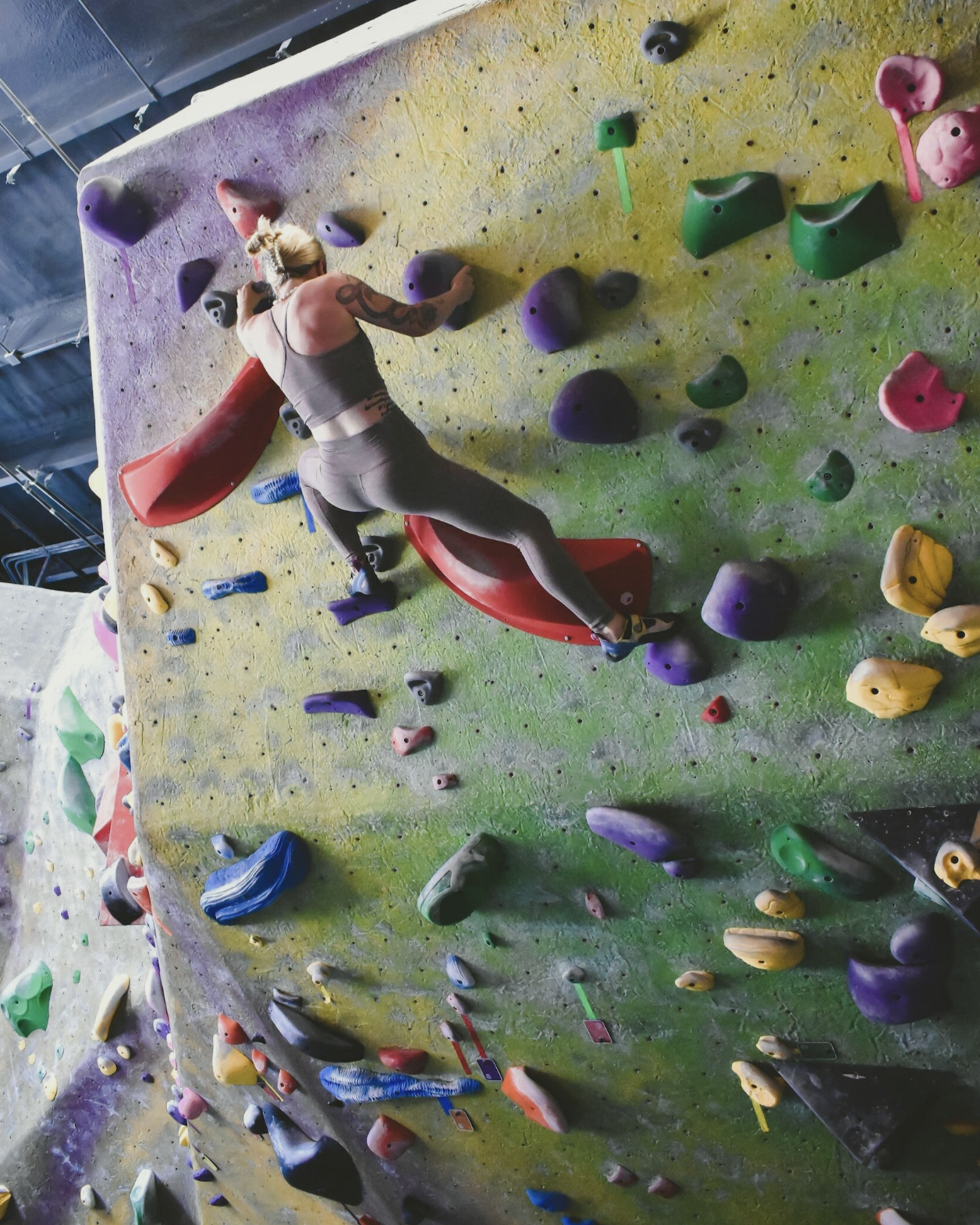Why I hate it when people say “be careful:” an introspective rant
Yesterday I told someone to be careful
I know I didn't need to
He knows to be careful
I did it for myself
I told him to be careful because I had imagined this 90 year old man being bowled over by my teenage Great Dane as he walked through the enclosed dog park.
He was well aware of what he was doing.
He actively chose to walk through the middle, rather than along the fence line as most people do.
He had met my dog on numerous occasions and knows she's a force when she's playing with other dogs.
He made the decision, seeing the dogs play, to walk through the middle of the park and I told him to be careful to make myself feel better if something happened to him.
I did it so I could have a sense of control over the situation.
I hate people telling me to be careful.
What, do you think I want to get hurt?
Do you think I'm going out of my way to take a risk just to see what would happen?
Do you think my perception of the risk is so out of whack with my physical capabilities?
Do you think that your warning of "be careful" would at all swing chance in my favor?
As soon as I warned this nice old man to be careful, I wanted to facepalm. I can't believe I did the thing I hate people doing to me.
I projected my fears about his capabilities onto him and tried to take away some of his agency by effectively telling him I didn't think he should be doing what he was doing.
I tried to control the situation by controlling his behaviour.
The nice old man ignored me, as he should. He knows better than to respond to someone subtly questioning his capabilities.
This is another thing I can't do- if someone tells me to be careful I usually eye roll or snarl back. Maybe he did those things and I didn't hear or see him.
He just kept an eye on the dogs playing a few meters from him and calmly walked through the enclosure to the seat he always sits on, then asked me about the outcome of a significant meeting I had the week before.
We all deserve to take chances with our lives and our bodies. Whether it's something as simple as walking through a dog park or as life altering as moving to the other side of the country, and guaranteed, people in your life will have something to say about it that usually has more to do with their fears and insecurities than it does about you.
This old man showed me how to handle it with a grace I can rarely achieve.
Or maybe he didn't even hear me
When I was in my early 20's I lived at Mt Araplies in Victoria and rock climbed every day if I could. I got so comfortable on the rock that my comfort zone increased rapidly and the things that I used to perceive as a huge risk became safe to me. I regularly worked on pushing my physical limits within safe parameters and this meant that the things that used to be physically impossible became easy.
One day, after living there for a year I was climbing with a friend and we were looking at a grade 18 climb that we wanted to do, but it was at the top of a grade 8 climb. We were short on time as we had been working in the cafe all day and it was getting late.
When I learned to lead climb outdoors it was on grade 8's and 9's and was an intensely uncomfortable experience, despite being able to climb 18's in the climbing gym. It was so far out of my comfort zone that I had to employ all my mental fortitude to be calm enough to do it.
A year later I was so comfortable with my physical and mental capabilities that we decided to free solo the grade 8 to get to the grade 18 climb rather than spend the time doing the rope work to lead climb it.
All of this might sound a bit uninteresting to a rock climber who can relate to this experience but the average person would be pretty shocked at the idea that I've free soloed anything.
If they were standing at the bottom of the cliff with me watching me decide whether or not to solo the climb, they would probably tell me to be careful.
My climbing partners would never have said that though. Outside of an emergency, if you need to tell your climbing partner to be careful then it's possible you think they're out of their depth and that's not someone you want to climb with.
Just the act of saying "be careful" might cast doubt in your partner's mind of what they are capable of, which in itself can impact their performance.
Generally speaking, people don't want to hurt themselves by climbing. They don't want to take risks so great they might die. They don't want a climbing partner who is so out of their depth that it puts their own life at risk.
99% of the time, people want to enjoy the climb, test their physical and mental limits a bit within safe parameters and go to the pub after for a parmy and a beer.
I think this is the same for most things in life. We want to be able to do it but do it safely. Even those people who like to test their limits and see what they're made of don't want to die doing it.
Generally, people who participate in adventure sports have a much better ability to risk assess and mitigate than the average person- their lives could depend on it.
This skill, combined with their general fitness and strength gained by moving in tough environments makes them pretty safe people compared to the average human.
Yet the average person looks at them doing what they love and only sees danger. Out of concern, they encourage the adventurer to be careful, not to take the risk the average person would never take themself.
Now that I don't regularly climb outdoors anymore, there's no way I would free solo something. Sometimes falling from the top of an indoor bouldering route onto the soft mats below seems like too big a risk to take. This is magnified by the knowledge that my job, my business and my livelihood depend on me being uninjured. The risk doesn't seem worth taking any more.
This is a choice I get to make for myself, just like this nice old man walking across the dog park was a choice he gets to make.
In the end, our stories are about choices, the same way the old man at the dog park made his and I once did on those cliffs.
We navigate through life, balancing our desires against the risks, often defying the cautious 'be careful' from those around us. We assess and accept risks, learn our limits and sometimes, gently push against them.
The old man, with his quiet defiance, and my younger self, scaling cliffs with a blend of fearlessness and calculation, share a common thread – the pursuit of living fully, on our terms.
Life's real adventure lies in embracing these moments of choice, in understanding that sometimes the warnings of others reflect more about their fears than our realities. As I look back at the old man's calm stride and my climbing days, I'm reminded that at the heart of our decisions lies a deep, personal understanding of what it means to be truly alive.
Whether we're crossing a dog park or a cliff face, it's about trusting ourselves to know the path that's right for us, and trusting others that they do too.


